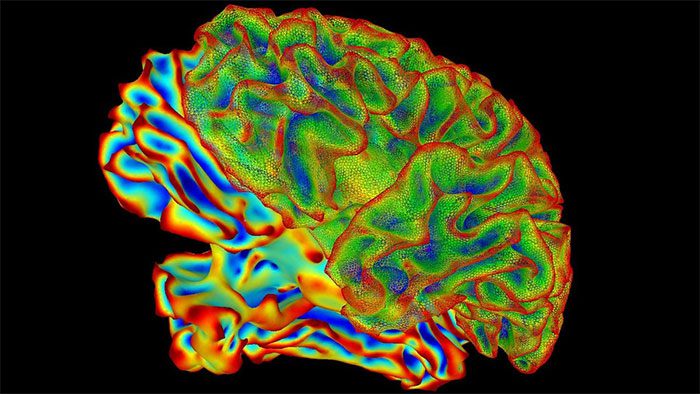A new study from the Francis Crick Institute in the United Kingdom has revealed hormonal and emotional changes that occur during pregnancy.
The research, recently published in the journal of the American Association for the Advancement of Science, focused on the brains of female mice.
At the end of pregnancy, the hormones estrogen and progesterone are released. Both hormones affect the hypothalamus of the brain, which is associated with parenting behaviors. Estrogen makes the neurons in that area more sensitive, while progesterone builds new neural connections that facilitate activity in that part of the brain.

At the end of pregnancy, the hormones estrogen and progesterone are released. (Illustration: Live Science).
The scientists found that this activity causes mother mice to be more attentive and focused on their offspring.
Jonny Kohl, the lead researcher of the study, noted that these changes lead to a shift in priorities. The maternal instinct in female mice emerges to ensure the survival of their young. Interestingly, this transformation does not occur when they give birth; in fact, the brain prepares earlier for these significant changes during pregnancy.
“We know that the female body undergoes changes during pregnancy to prepare for raising young. Our research shows that such preparation also occurs in the brain,” researcher Kohl remarked.
The researchers discovered that changes in the brain help modify behaviors after giving birth, as well as create “flexibility” that allows mothers to learn new skills more effectively through repeated caregiving experiences. This finding could play an important role in understanding the mental health of new mothers, as well as in treating conditions like postpartum depression.
The study contributes to the growing body of data on the biological changes that occur during parenting for both men and women. A 2022 study indicated that it also develops “flexibility” in the brain through the process of caring for infants.
Interestingly, fathers who take longer paternity leave to care for newborns will experience more pronounced changes in brain regions related to parenting.


















































